By LEN EDGERLY
Contributing Editor
I find it refreshing that Russ Grandinetti (photo at right), one of the top Kindle executives at Amazon, knows as little about what’s ahead for social reading on the Kindle as I do.
When you try to understand Kindle strategy from outside the mother ship, it’s easy to assume that Bezos and team have the future scribbled down on whiteboards in Seattle, or captured in top-secret Evernote notebooks on their Kindle Fires. I mean, they invented the thing, right?
Nearly five years ago the Kindle didn’t even exist, and the gorgeous but tethered-to-your-computer-with-a-wire Sony Reader was going nowhere. And remember when the first Kindle came out, how it was dissed by Robert Scoble on down? “Whoever designed this should be fired and the team should start over,” Scoble scolded in an open letter to Bezos. Unperturbed, Amazon pressed on as if they knew how successful the Kindle would be.
Maybe not. Maybe they were just trying things to see what customers wanted more and less of. And maybe that’s what they’ve been doing ever since the original Kindle sold out in five and a half hours on November 19, 2007.
That’s the insight I gleaned from an interview with Grandinetti this week in a tucked-away meeting room beneath the huge exhibit floor at BookExpo America in New York City. The topic was social reading, something I feel I should do more of, like eating my broccoli. But because reading has been a solitary joy in my life for so long, I resist sharing my highlights and notes or following those of other readers, even though such sharing is easy with tools being rolled out for the Kindle.
I figured Grandinetti, the czar of Kindle content, would have a clearer view of how social reading will evolve, because he and his team are inventing it.
He admitted that he shares a love of the old ways himself when it comes to reading. He described kindle.amazon.com, where you can make your annotations public and follow others, as “a place that might be a little more off the beaten path” compared with the main Amazon.com site. As such, kindle.amazon.com is a good place to put trial features in place.
“We’re just doing our best,” Grandinetti continued, “to pay attention to what people like, what they don’t like, what they use, what they don’t use.” It also takes time for people to become aware that these new, experimental features even exist.
He added: “We’ll keep inventing. We’ll keep listening. We’re going to proceed adaptively, and I think you’ll start to see an increasingly large number of inventions, but inventions in response to use.”
You can see this process in action if you look back to the launch of Kindle Singles in January of last year. The big idea there was to set reading free from the constraint of how many words an author can write for an article or a book. Kindle Singles created an entirely new space, between 5,000 and 30,000 words or between the length of traditional articles and traditional books. Authors and readers loved it. By March of this year, Amazon had sold more than 2 million Kindle Singles.
“People love knowing when walls come down and constraints get lifted,” Grandinetti told me. “Which is different than something being fully evolved or mature. It takes time to invent inside that.”
As Kindle Singles took off, another dimension of the program became clear: the smashing of the constraint of time. “We were really proud to have a Single from Christopher Hitchens eight days after Bin Laden was shot, which is a time frame that traditional publishing would have found very difficult to publish into,” Grandinetti said.
When you see the surprise of a guy at the epicenter of Kindle strategy, about aspects of the Kindle as significant as social reading and Kindle Singles, you understand that anything can happen. What Amazon appears to excel at is jumping on opportunities like an 800-pound cat, a feline with very good hearing that spends most of the afternoon gazing intently at anything that moves.
This same agility is evident in Grandinetti’s comments on the hot-button issue of eBook pricing.
When I asked for his reaction to the Department of Justice’s anti-trust lawsuit against Apple and the Publisher Defendants over eBook pricing, he eschewed gloating and stuck to the company line: “We think it’s great for customers for retailers to be able to compete and set prices for consumers and try to find a way to build a great business and a great consumer offering.”
He went on to describe pricing in terms that echoed his description of experimentation with other features of the Kindle.
“Over time,” he said, “I think all of us have developed a more thoughtful, more robust, more data-driven way to think about walking that line between offering our consumers real value and having it be a great business for booksellers, for publishers, and for authors.
“I think people will continue to try lots of different strategies about how to price their books, and I think that competition, that experimentation, is a good thing.”
Which means Russ Grandinetti and Amazon don’t know much more than you or I do about how eBook prices, social reading, innovations in content form, or a host of other aspects of the Kindle Revolution will evolve.
The one thing you can be pretty sure of is that when they see something move, some gesture of interest or disinterest by their customers, they will pounce on it before most of us know anything changed.
Len Edgerly blogs at The Kindle Chronicles where you can hear his interview with Russ Grandinetti in its entirety at 23:38 of this week’s Kindle Chronicles podcast Episode 201.

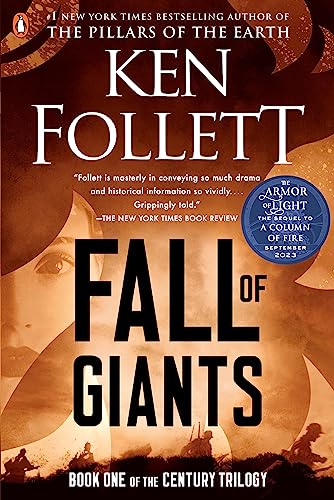
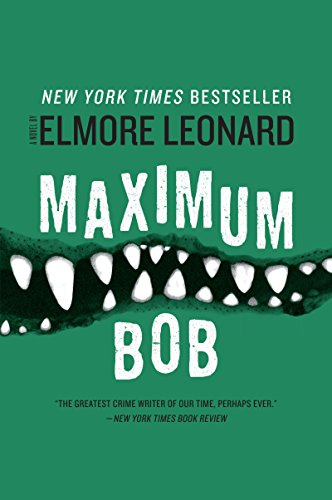

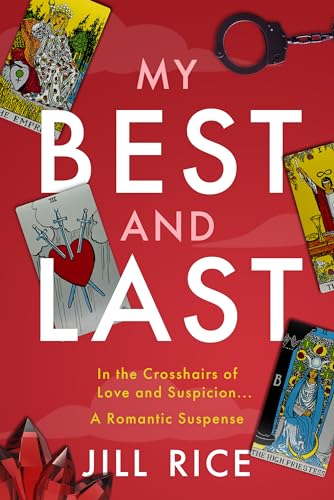

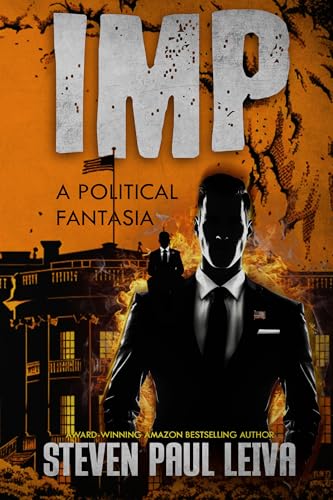
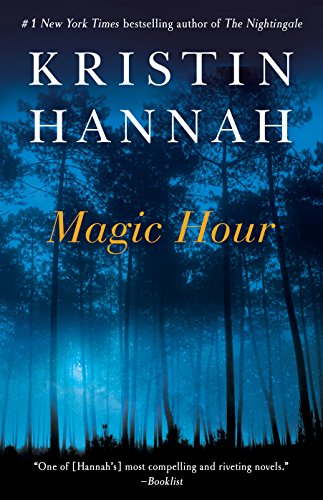
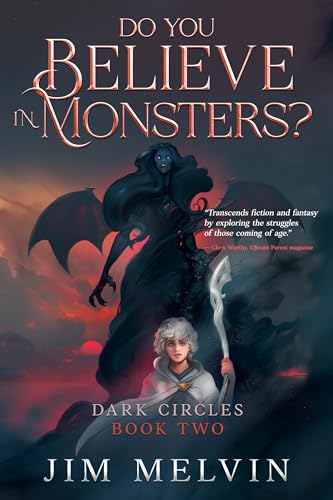





The KND Kindle Chronicles Weekly Interview: Understanding Kindle Strategy from Outside … and Inside … the Mother Ship: Len Edgerly Interviews Russ Grandinetti, Amazon VP of Kindle Content
By LEN EDGERLY
Contributing Editor
I find it refreshing that Russ Grandinetti (photo at right), one of the top Kindle executives at Amazon, knows as little about what’s ahead for social reading on the Kindle as I do.
When you try to understand Kindle strategy from outside the mother ship, it’s easy to assume that Bezos and team have the future scribbled down on whiteboards in Seattle, or captured in top-secret Evernote notebooks on their Kindle Fires. I mean, they invented the thing, right?
Nearly five years ago the Kindle didn’t even exist, and the gorgeous but tethered-to-your-computer-with-a-wire Sony Reader was going nowhere. And remember when the first Kindle came out, how it was dissed by Robert Scoble on down? “Whoever designed this should be fired and the team should start over,” Scoble scolded in an open letter to Bezos. Unperturbed, Amazon pressed on as if they knew how successful the Kindle would be.
Maybe not. Maybe they were just trying things to see what customers wanted more and less of. And maybe that’s what they’ve been doing ever since the original Kindle sold out in five and a half hours on November 19, 2007.
That’s the insight I gleaned from an interview with Grandinetti this week in a tucked-away meeting room beneath the huge exhibit floor at BookExpo America in New York City. The topic was social reading, something I feel I should do more of, like eating my broccoli. But because reading has been a solitary joy in my life for so long, I resist sharing my highlights and notes or following those of other readers, even though such sharing is easy with tools being rolled out for the Kindle.
I figured Grandinetti, the czar of Kindle content, would have a clearer view of how social reading will evolve, because he and his team are inventing it.
He admitted that he shares a love of the old ways himself when it comes to reading. He described kindle.amazon.com, where you can make your annotations public and follow others, as “a place that might be a little more off the beaten path” compared with the main Amazon.com site. As such, kindle.amazon.com is a good place to put trial features in place.
“We’re just doing our best,” Grandinetti continued, “to pay attention to what people like, what they don’t like, what they use, what they don’t use.” It also takes time for people to become aware that these new, experimental features even exist.
He added: “We’ll keep inventing. We’ll keep listening. We’re going to proceed adaptively, and I think you’ll start to see an increasingly large number of inventions, but inventions in response to use.”
You can see this process in action if you look back to the launch of Kindle Singles in January of last year. The big idea there was to set reading free from the constraint of how many words an author can write for an article or a book. Kindle Singles created an entirely new space, between 5,000 and 30,000 words or between the length of traditional articles and traditional books. Authors and readers loved it. By March of this year, Amazon had sold more than 2 million Kindle Singles.
“People love knowing when walls come down and constraints get lifted,” Grandinetti told me. “Which is different than something being fully evolved or mature. It takes time to invent inside that.”
As Kindle Singles took off, another dimension of the program became clear: the smashing of the constraint of time. “We were really proud to have a Single from Christopher Hitchens eight days after Bin Laden was shot, which is a time frame that traditional publishing would have found very difficult to publish into,” Grandinetti said.
When you see the surprise of a guy at the epicenter of Kindle strategy, about aspects of the Kindle as significant as social reading and Kindle Singles, you understand that anything can happen. What Amazon appears to excel at is jumping on opportunities like an 800-pound cat, a feline with very good hearing that spends most of the afternoon gazing intently at anything that moves.
This same agility is evident in Grandinetti’s comments on the hot-button issue of eBook pricing.
When I asked for his reaction to the Department of Justice’s anti-trust lawsuit against Apple and the Publisher Defendants over eBook pricing, he eschewed gloating and stuck to the company line: “We think it’s great for customers for retailers to be able to compete and set prices for consumers and try to find a way to build a great business and a great consumer offering.”
He went on to describe pricing in terms that echoed his description of experimentation with other features of the Kindle.
“Over time,” he said, “I think all of us have developed a more thoughtful, more robust, more data-driven way to think about walking that line between offering our consumers real value and having it be a great business for booksellers, for publishers, and for authors.
“I think people will continue to try lots of different strategies about how to price their books, and I think that competition, that experimentation, is a good thing.”
Which means Russ Grandinetti and Amazon don’t know much more than you or I do about how eBook prices, social reading, innovations in content form, or a host of other aspects of the Kindle Revolution will evolve.
The one thing you can be pretty sure of is that when they see something move, some gesture of interest or disinterest by their customers, they will pounce on it before most of us know anything changed.
Len Edgerly blogs at The Kindle Chronicles where you can hear his interview with Russ Grandinetti in its entirety at 23:38 of this week’s Kindle Chronicles podcast Episode 201.
Share via: